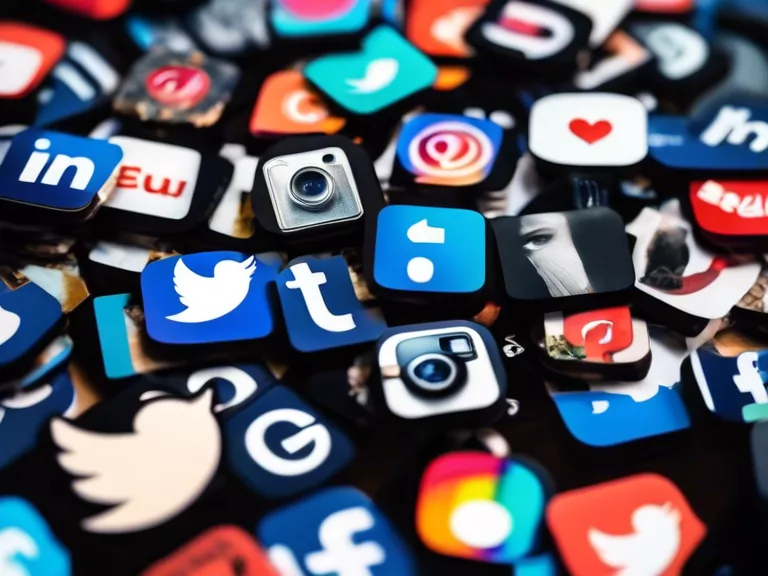
Social media platforms have transformed the landscape of activism and change in the modern world. With the ability to connect people from all corners of the globe, these platforms have become powerful tools for organizing movements, spreading awareness, and inciting action. From the Arab Spring to the Black Lives Matter movement, social media has played a crucial role in mobilizing individuals and sparking conversations about social justice issues. In this article, we will explore the ways in which social media platforms are influencing modern activism and driving meaningful change.
One of the key ways in which social media has impacted activism is by providing a platform for marginalized voices to be heard. Historically, marginalized communities have struggled to have their voices represented in mainstream media. However, social media platforms like Twitter, Facebook, and Instagram have given these communities a space to share their stories, experiences, and perspectives with a global audience. This has helped to shed light on issues that may have otherwise been ignored or overlooked.
In addition to amplifying marginalized voices, social media has also made it easier for activists to organize and mobilize on a large scale. Platforms like Facebook and Twitter allow activists to quickly disseminate information, coordinate protests and rallies, and build online communities of like-minded individuals. This has enabled activists to reach a larger audience and create real-world impact at a speed and scale that was previously unimaginable.
Furthermore, social media has been instrumental in holding individuals and institutions accountable for their actions. Through the use of hashtags, videos, and posts that go viral, social media users have been able to shine a spotlight on instances of injustice, discrimination, and corruption. This increased visibility has put pressure on governments, corporations, and other powerful entities to address these issues and make meaningful changes.
In conclusion, social media platforms have revolutionized the way activism is carried out in the modern world. By providing a platform for marginalized voices, facilitating large-scale organizing, and holding power structures accountable, social media has become a critical tool for driving social change. As we continue to navigate the complexities of the digital age, it is clear that social media will play an increasingly important role in shaping the future of activism and driving positive change.



